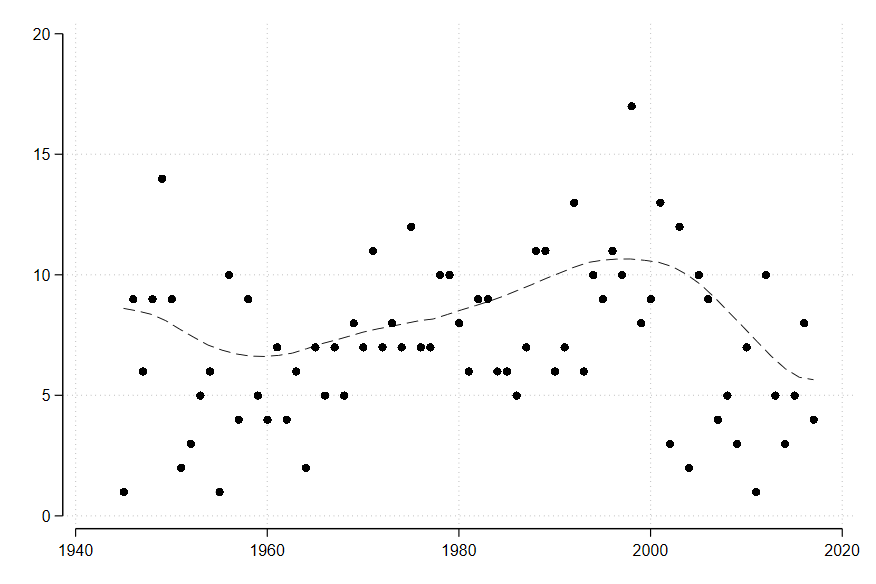Commitment Evasion and Regional Cooperation in Latin America
Understanding states' commitment to multilateral cooperation has become crucial in recent years. Today, states that have historically supported a rule-based order increasingly question the convenience of international institutions and legally-binding agreements. This three-year research project funded by Chile's Comisión Nacional de Investigación Científica y Tecnológica (CONICYT) examines Latin American states' commitment to multilateral cooperation.
Cooperation schemes between Latin American states have a long history dating back to the early nineteenth century. Yet initiatives have waxed and waned over the years. Consider the most recent example of the Union of South American Nations (UNASUR). Established in 2008, the organization is now largely derelict following the voluntary suspension of key members. How does Latin America's commitment to multilateral cooperation compare to that of other world regions? If there is a distinct regional pattern, what accounts for it? How has Latin America's commitment changed over time and why? This project uses data derived from the United Nations Treaty Series to answer these questions.
Cooperation schemes between Latin American states have a long history dating back to the early nineteenth century. Yet initiatives have waxed and waned over the years. Consider the most recent example of the Union of South American Nations (UNASUR). Established in 2008, the organization is now largely derelict following the voluntary suspension of key members. How does Latin America's commitment to multilateral cooperation compare to that of other world regions? If there is a distinct regional pattern, what accounts for it? How has Latin America's commitment changed over time and why? This project uses data derived from the United Nations Treaty Series to answer these questions.

